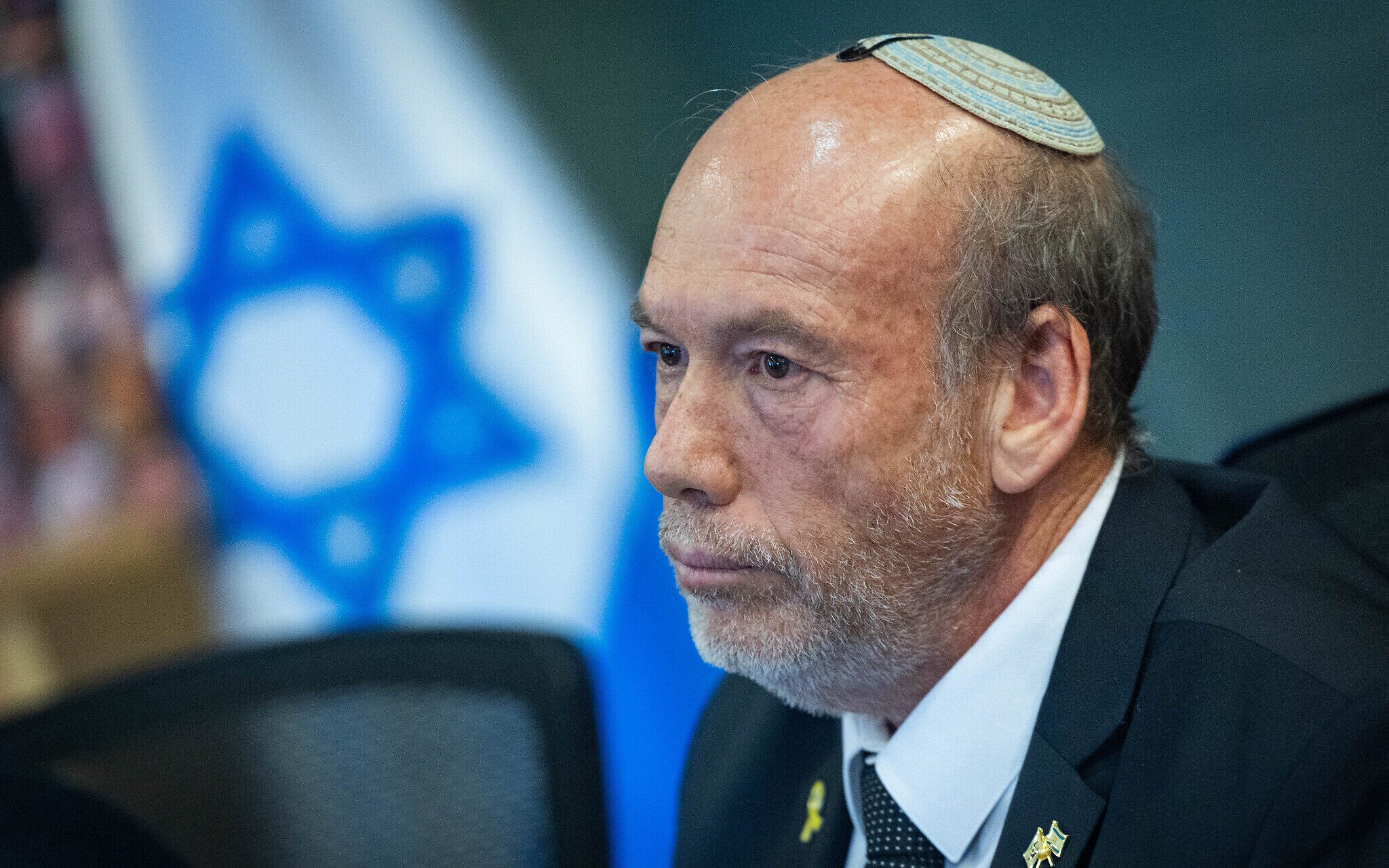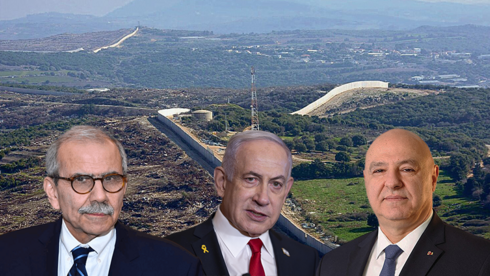Israeli authorities have granted final approval for settlement construction in the E1 area of the West Bank, a move that has long been considered a red line by the international community due to its strategic importance for any future Palestinian state. The decision marks a significant shift in policy under Prime Minister Benjamin Netanyahu's government, which has increasingly distanced itself from the idea of Palestinian statehood and embraced the concept of a greater Israel encompassing territories occupied since 1967.
The approval has drawn strong international condemnation and is expected to further complicate prospects for a negotiated peace agreement, as well as Israel's diplomatic relations with regional and global partners. Experts note that while construction in E1 may not entirely preclude the possibility of a future Palestinian state, it will make such a solution much more difficult to achieve and increase Israel's isolation.
Netanyahu and his far-right coalition partners have openly stated their intention to prevent the establishment of a Palestinian state, viewing each new settlement as a step toward permanent Israeli control. Despite the challenges, some analysts suggest that land swaps and future negotiations could still allow for a two-state solution, though the path forward remains uncertain.

 image sourced from original article at
image sourced from original article at 


